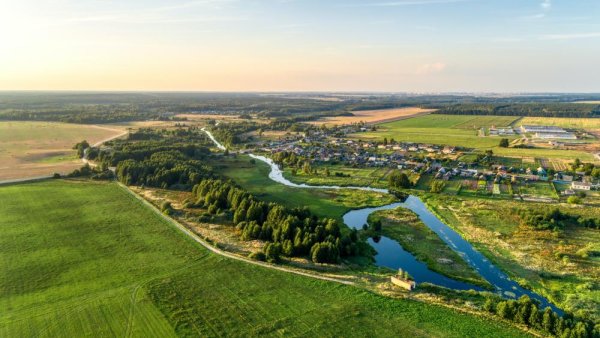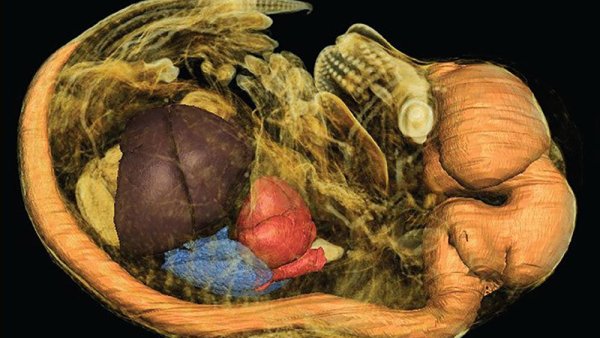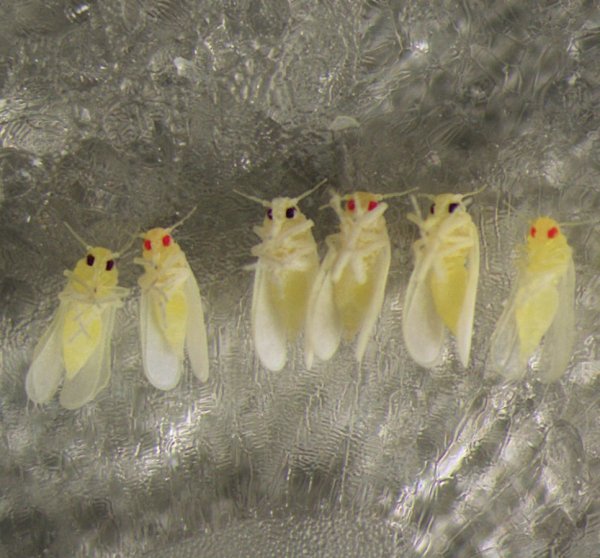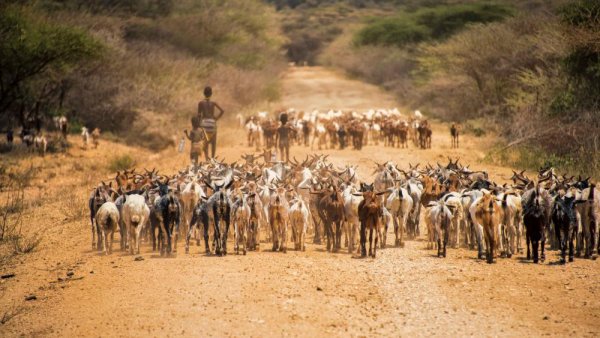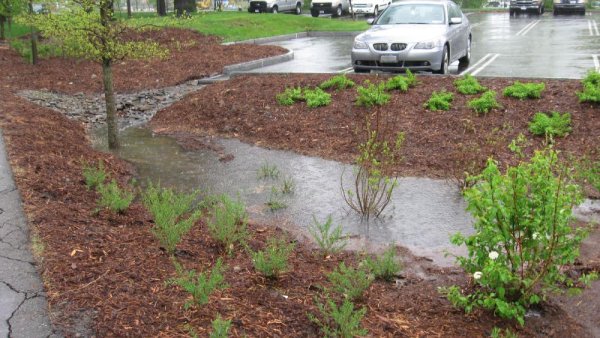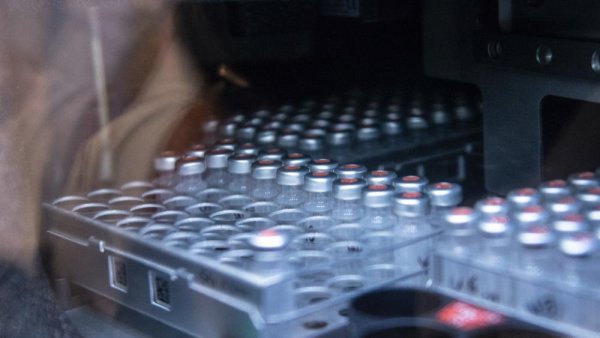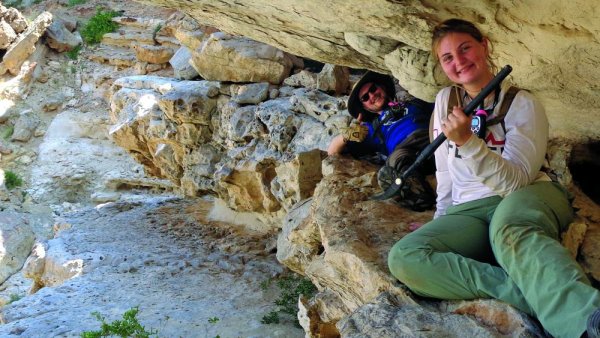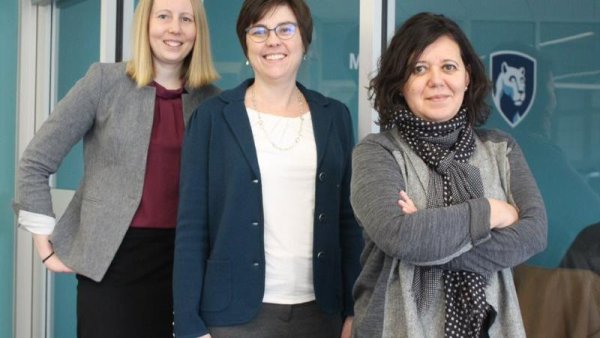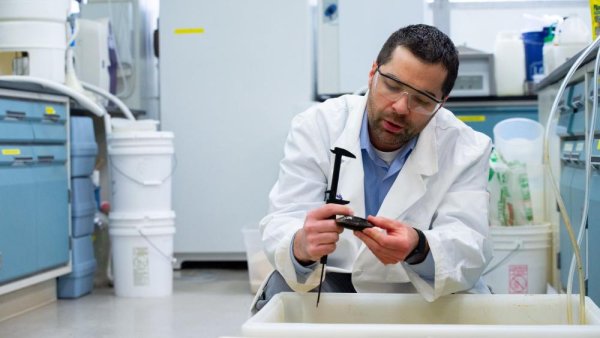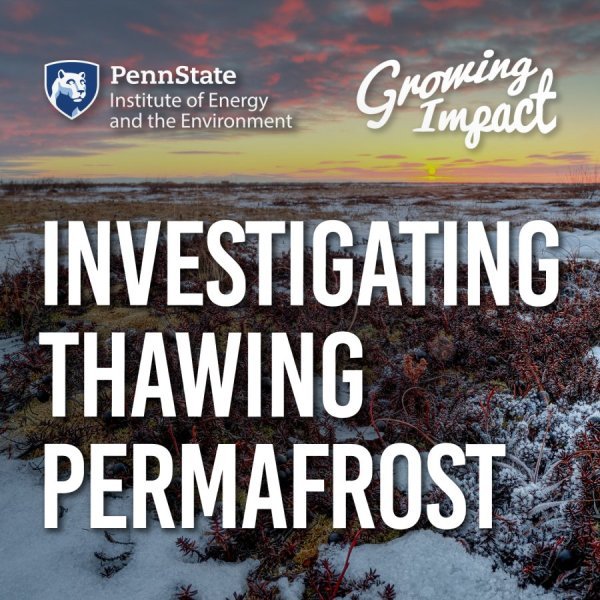New institute to help address complex food-energy-water-land challenges
| psu.edu
The seed for Penn State’s Institute for Sustainable Agricultural, Food, and Environmental Science was planted well before the COVID-19 outbreak. The concept had been growing in the College of Agricultural Sciences for about two years when the pandemic emerged.
Penn State lab develops new procedures to improve high-quality scanning
| psu.edu
CQI developed new processes that resulted in a high-resolution scan 3D segmented rendering of a contrast-enhanced fetal mouse, which was chosen as the cover image for the journal Developmental Dynamics.
Gene-editing protocol for whitefly pest opens door to control
| news.psu.edu
Whiteflies are among the most important agricultural pests in the world, yet they have been difficult to genetically manipulate and control, in part, because of their small size. An international team of researchers has overcome this roadblock by developing a CRISPR/Cas9 gene-editing protocol that could lead to novel control methods for this devastating pest.
Architectural engineering professor receives NSF CAREER grant
| psu.edu
Donghyun Rim, assistant professor of architectural engineering, was recently awarded a $500,000, five-year Early Career Development Program grant from the National Science Foundation. With this grant, Rim will study modeling and experimental validation of airborne nanoparticles in indoor environments.
Two faculty members join the Institutes of Energy and the Environment
| psu.edu
Two researchers have become cofunded faculty members in the Institutes of Energy and the Environment: Hee Jeung Oh, an assistant professor in the College of Engineering, and Hilal Ezgi Toraman, an assistant professor in the College of Earth and Mineral Sciences with a joint appointment in the College of Engineering.
Efforts to control livestock disease should focus on management style, not age
| psu.edu
An animal's age does not affect its risk of transmitting PPRV, which produces a highly infectious and often fatal disease in sheep and goats. New research by an international team including researchers at Penn State has important implications for control of this widespread virus.
Assistant professor recognized for green stormwater infrastructure research
| psu.edu
Lauren McPhillips, assistant professor of civil and environmental engineering at Penn State, was recently named a recipient of the 2020 Best Paper award from the ASCE Journal of Sustainable Water in the Built Environment.
Listening to your gut: A powerful new tool on the microbiome and cell metabolism
| psu.edu
Many aspects of our lives — not only the presence or absence of certain diseases, but conditions like obesity, sleep patterns, even mood — may be determined, to a surprising extent, by the microbes living inside of us. Patterson, Tombros Early Career Professor and professor of molecular toxicology at Penn State, is using one of the newer and more promising of these technologies, called metabolomics, to learn about the microbiome of the human gut.
Teaching excellence recognized in College of Agricultural Sciences
| psu.edu
Penn State's College of Agricultural Sciences has recognized nine faculty members for outstanding teaching in 2019.
Digging into the past
| psu.edu
Penn State assistant professor Sarah Ivory uses special fossils to study how climate changed in the deep past in some of the driest places on Earth, and how plants, animals and humans responded.
Trio of female mechanical engineering professors to lead new research centers
| psu.edu
Three professors from the Penn State Department of Mechanical Engineering have been selected as the directors of newly announced research centers at the University, with all poised to make tangible impacts in research and grow the representation of women in STEM leadership.
Identifying the sources of salt pollution
| psu.edu
Nathaniel Warner, assistant professor of civil and environmental engineering, received a new National Science Foundation CAREER Award to research new methods of collecting water quality data.

